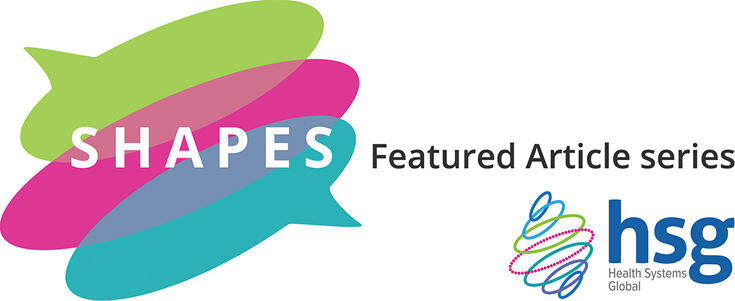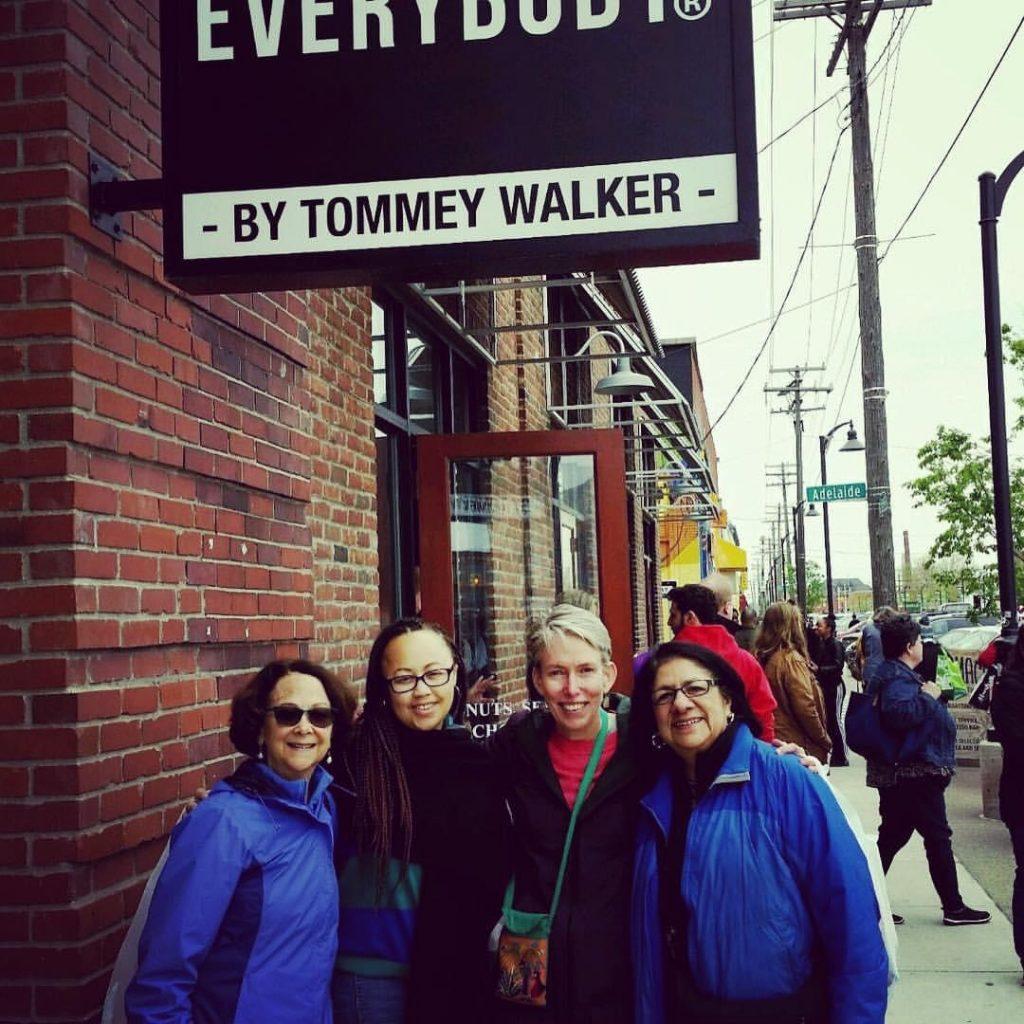
The Community Health Worker Common Indicators Project
How should community health worker (CHW) programs be evaluated? A collaborative team recently published an important article advancing an answer to this pressing question, focused on CHW programs in low- and middle-income countries. Here, we provide a complementary answer to this question, advanced by the CHW Common Indicators Project (CI Project), which aims to identify and recommend a set of evaluation indicators to systematically assess the work and impacts of CHWs in the USA. The CI Project’s long-term objective is nationwide adoption of these indicators and development of infrastructure to collect data and report results, with the ultimate goal of optimizing CHW contributions through standardized monitoring and quality improvement, while centering CHWs as experts and leaders.
The need for such a project: CHWs, Health Systems, and the Power of Measurement
“CHW” is an umbrella title that refers to trusted community members who promote health and advance justice through direct care, community organizing, and many other roles. The CHW model grows out of natural healing and helping systems that have existed in communities since the beginning of human history. These systems became formalized where people were systematically denied health care, education, resources, and shared power. Thus, the CHW profession has often been part of social justice movements.
As the SHAPES working group emphasizes, health systems are institutions of power, animated by people (including CHWs) pursuing public health, acting on varying visions of how to do so, and with competing priorities. Stakeholders with differing levels of power use various tools and strategies to garner resources, build stronger coalitions, and win support for their particular priorities. One important institutional strategy is gathering data to help build the evidence base that can support particular visions, priorities, and professions.
Although growing evidence demonstrates the impressive impacts of CHWs in the US and globally, there is a lack of systematic data collection to fully demonstrate their various impacts and what they do to generate these impacts. CHWs have been largely marginalized from the process of evaluating their own work. Thus, they’ve been disempowered with regards to a crucial strategy for bringing greater support to their workforce and their visions of health equity.
Measurement drives practice. Thus, defining a common framework for evaluating CHW performance — including a set of evaluation indicators — can help preserve the flexibility and integrity of the CHW profession. Centering CHWs in defining such a framework acknowledges them as experts about their profession, and avoids excluding aspects of CHW performance that non-CHWs might ignore or misunderstand.
Identifying indicators through popular education and engagement
The CI Project has involved a collaborative process beginning with interviews and surveys with CHWs, CHW employers, and evaluators in Michigan, followed by knowledge-building interactions with stakeholders from a growing number of states, communities, and organizations. Workshops and teleconference calls have been carefully executed through intentional agendas that use popular education techniques to balance power and voice amongst stakeholders. At every stage of the project, we have sought to prioritize the knowledge, input, and leadership of CHWs.
Through these methods, we developed a list of constructs that bring attention to CHW processes and outcomes. In 2019, we received a contract from the U.S. Centers for Disease Control (CDC) via the National Association of Chronic Disease Directors, to identify and develop indicators for a subset of these constructs (Table 1). At the core of our work is developing a way to assess the frequency of CHWs’ enactment of the 10 core roles defined by the CHW Core Consensus (C3) Project, which are increasingly used to guide CHW training in the USA. We are also developing indicators for key kinds of support that CHWs need to be successful in all of their roles, including high-quality training, supportive and reflective supervision, and fair and equitable pay and benefits.
Our focal outcome constructs promote a holistic understanding of the wellbeing of people and communities, and highlight outcomes that CHWs are uniquely suited to improve, such as social and structural determinants of health and vulnerability, self-perceived emotional and physical health, empowerment, social support, and quality of life. The CI Project also brings attention to policy and systems change, which is both a process that can enable CHW work, as well as an outcome that CHWs can mediate through their community organizing, advocacy, and coalitional activism.
How should community health worker programs be evaluated?
The time has come to define and adopt a common framework for showing what CHWs can achieve when they are firmly supported in the USA and globally. Marginalizing CHWs from this work would be a serious pitfall. The CI Project is intent on fostering intentional collaborations between CHWs and broader CHW evaluation communities. CHW-driven evaluation frameworks can help shape stronger and more just health systems, improve public health, and help wider publics understand what CHWs do and what they need to succeed.
Some of the work discussed in this blog was supported by Cooperative Agreement Number 5NU38OT000286-02, funded by the Centers for Disease Control and Prevention. Its contents are solely the responsibility of the authors and do not necessarily represent the official views of the Centers for Disease Control and Prevention or the Department of Health and Human Services.
Table 1. Evaluation constructs co-identified by CHWs and other evaluation experts
(Full list of constructs and definitions of each are available by emailing the first author.)

Welcome to the SHAPES article series, hosted by IHP. SHAPES is a thematic working group within Health Systems Global, which facilitates discussion, debate and collaboration around social science approaches for research and engagement in health policy & systems. In the months leading up to the 6th Global Symposium on Health Systems Research in Dubai (Nov 2020) SHAPES members will be blogging about the Symposium's theme of "re-imagining health systems for better health and social justice" through a social science lens.
View entire SHAPES series